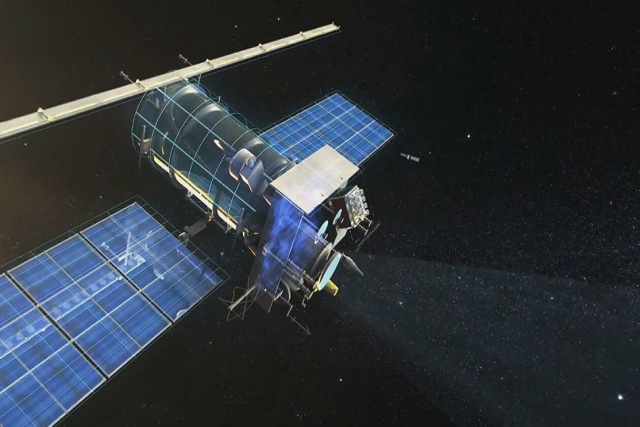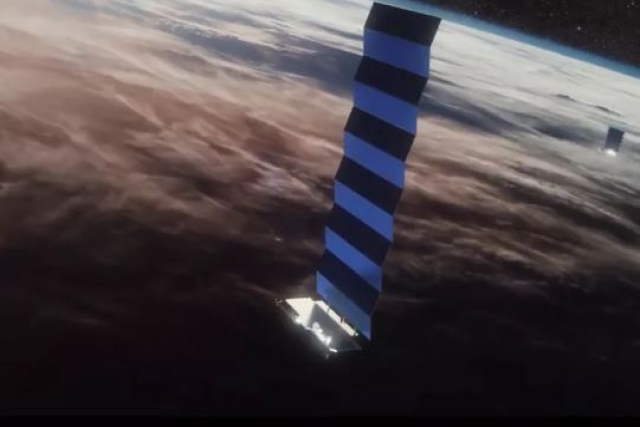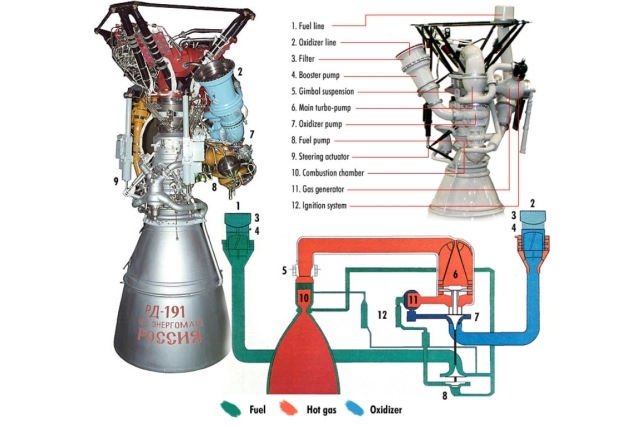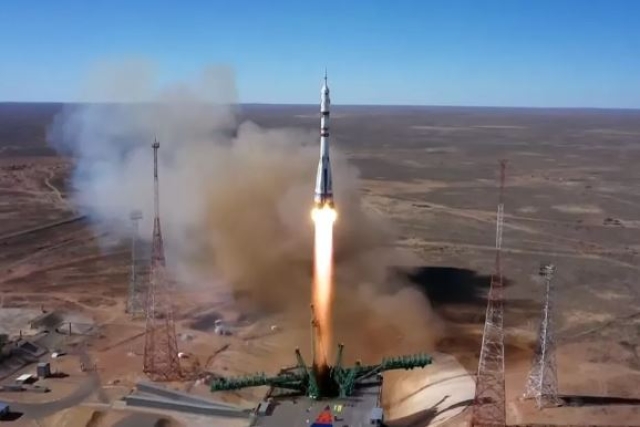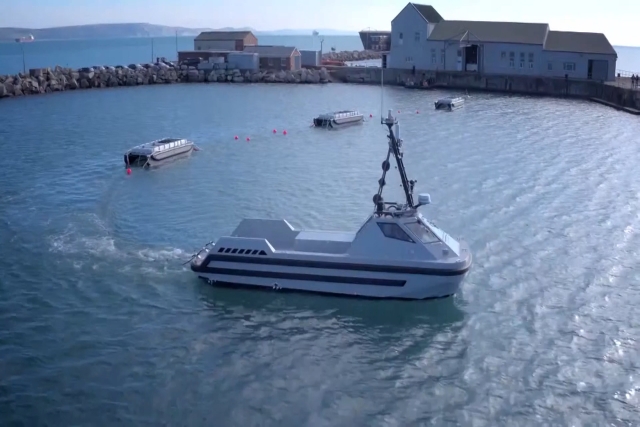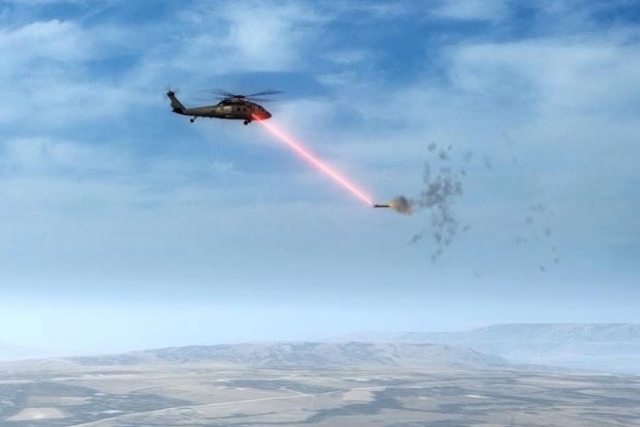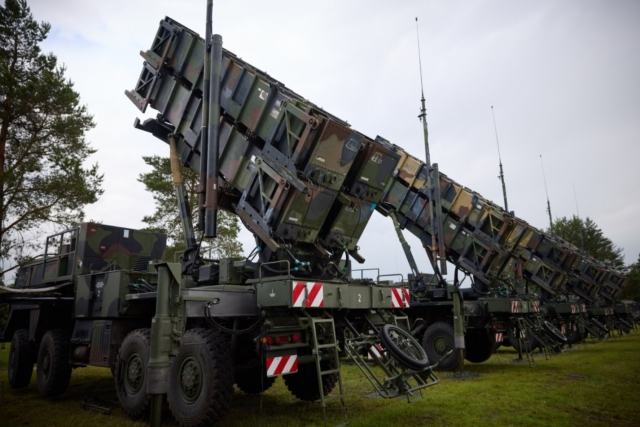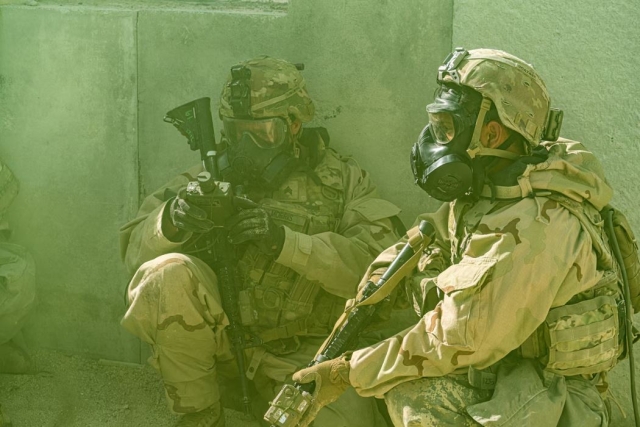Kremlin Calls Out Pentagon's Hoax Claim on Russian Space Weapon
Military experts warn that space could become the next battlefield
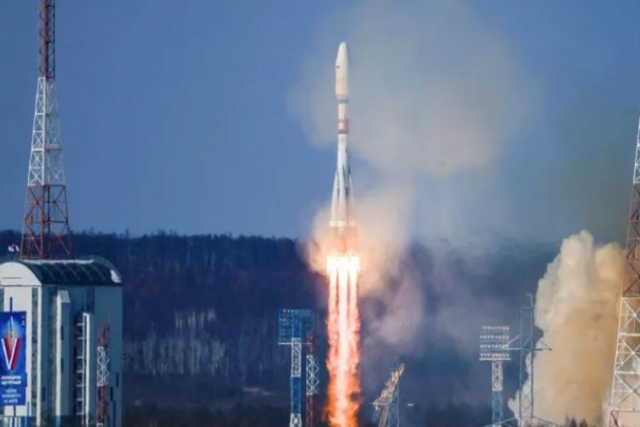
Russian Deputy Foreign Minister Sergei Ryabkov has squashed the Pentagon's assertions regarding the launch of a Russian anti-satellite vehicle into low-Earth orbit, labeling the claims as an information hoax.
Speaking to journalists in Moscow, Ryabkov insisted that Russia's space program is progressing as planned, focusing on deploying spacecraft for various purposes, including enhancing defense capabilities. He emphasized that Russia consistently opposes the deployment of strike weapons in space and highlighted Moscow's initiative, alongside other states, to prevent the weaponization of outer space.
Pentagon spokesperson Brigadier General Pat Ryder had previously stated that Russia launched a satellite on May 16, believed to be a counter-space weapon, into the same orbit as an American satellite. U.S. Ambassador Robert Wood reinforced this claim in a speech at the United Nations, noting that the satellite is likely capable of attacking other satellites in low-Earth orbit.
Russia's Roscosmos state space agency confirmed a launch on May 17 for the defense ministry using a Soyuz-2.1b launch vehicle. The discrepancy in reported launch dates could be due to the time zone difference between Moscow and GMT. Neither country has provided additional details, but space analysts observed that the Russian satellite, Cosmos 2576, appears to be in the same orbit as the American USA 314 satellite.
Ryder indicated that Washington is closely monitoring the situation and is prepared to protect its interests in space. In response, Ryabkov suggested that if the U.S. were genuinely interested in space security, it would reconsider its approach to Russian proposals for a treaty aimed at preventing the weaponization of space.
Ryder also mentioned that assessments suggest the satellite resembles counter-space payloads deployed in 2019 and 2022. In 2019, Russia launched a satellite that released a secondary satellite, both of which followed a National Reconnaissance Office satellite. The sub-satellite later fired a high-speed projectile. U.S. officials have not publicly detailed the 2022 counter-space payload but have noted other Russian counter-space activities, including a 2021 test of an anti-satellite missile that destroyed a Russian spacecraft, creating debris.
These allegations come amid ongoing tensions between Moscow and Washington over space militarization, with both sides accusing each other at the UN of seeking to turn space into a new frontier for warfare.
Wood did not explain how the U.S. concluded that Cosmos 2576 is a counter-space weapon or its capabilities, but noted it follows previous Russian counter-space system launches. His remarks were made during a Security Council debate on a Russian resolution to ban space weapons, proposed after Russia vetoed a similar resolution by Japan and the U.S. The Russian resolution, claimed by Ambassador Vasily Nebenzya to be more comprehensive, criticized Western nations for potentially militarizing space. The resolution did not pass, with 7 of 15 members, including Russia and China, voting in favor, 7 against, and Switzerland abstaining.
